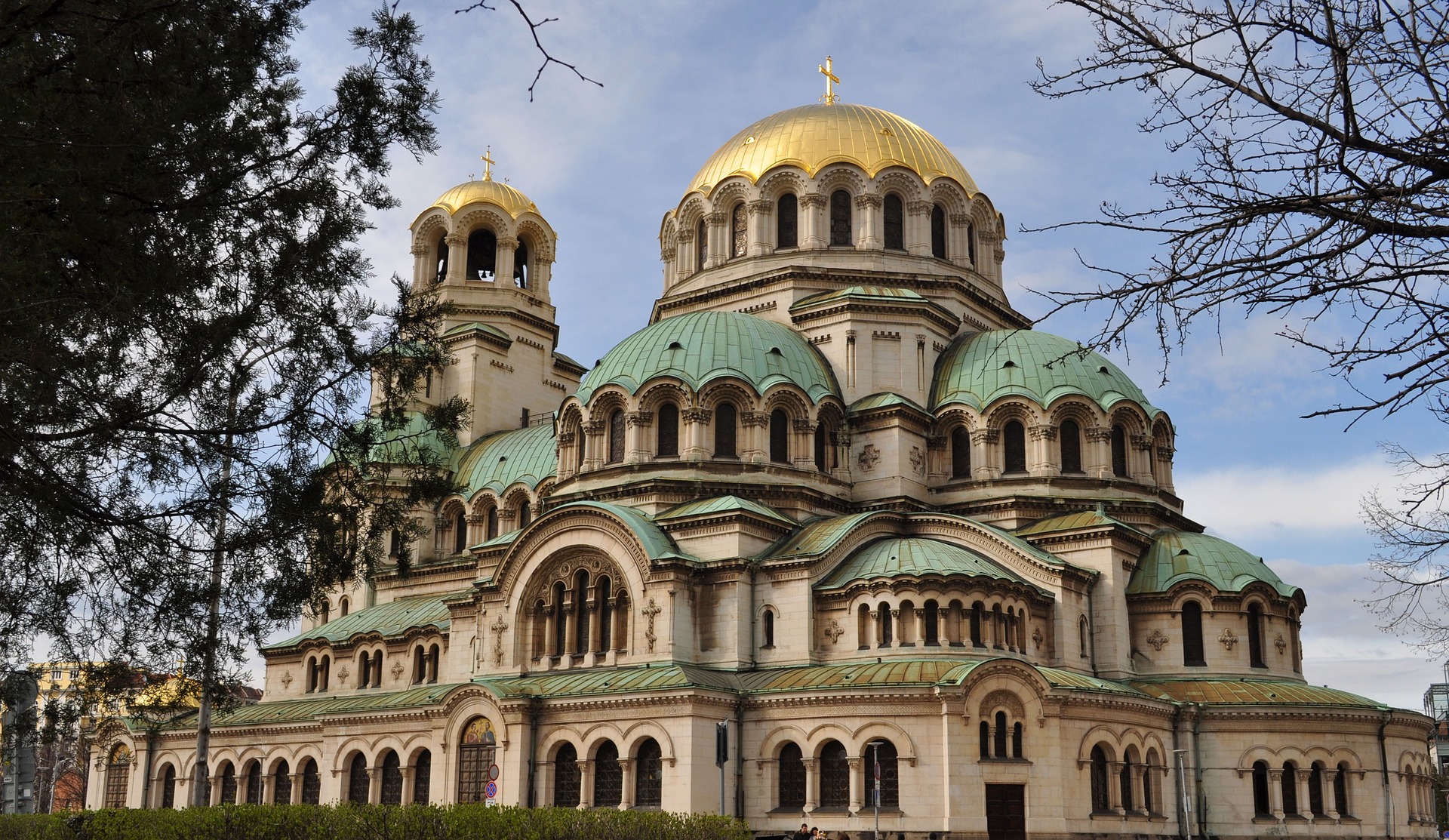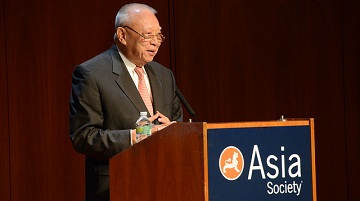The persistent internal political deadlock in Bulgaria diminishes even further prospects for focusing policy attention on major international questions, specifically concerning the Indo-Pacific. Sofia risks becoming a weak link in Western strategies for countering the Chinese authoritarian threat.
Bulgaria’s domestic political stalemate, characterized by multiple ineffectual elections incapable of producing a stable regular government, is unfolding amidst momentous developments in global politics, particularly in the Indo-Pacific. Preoccupation with internal matters has resulted in the Bulgarian political elite’s lack of awareness of key dynamics in Asia, where dealing with an assertive, authoritarian China is paramount. Because Beijing no longer conceals its ambitions to revise the international rules-based order, such inattention from Bulgaria threatens to distance Sofia from its Euro-Atlantic partners and increase opportunities for Beijing’s influence in the country.
Bulgaria in election mode: The missing element
On April 2, 2023, Bulgaria held its fifth parliamentary election in two years, again generating inconclusive results. The GERB party, led by former Prime Minister Boyko Borissov, received 26.49% of the vote, while the We Continue the Change-Democratic Bulgaria Alliance, led by younger, Western-educated politicians, received 24.56%. These narrow margins of difference portend the continuation of political deadlock: although the parties have initiated talks on a joint parliamentary agenda, the irreconcilability of worldviews remains.
Even if the two end up forming a joint coalition government, the societally-rooted ideational incongruity lingers between the so-called “status quo” political parties and figures, which descended from the communist and post-communist period and often harbor a pro-Russian orientation, and the “forces of change,” the new generation of politicians sharing liberal and pro-Western positions. In turn, a government configuration that excludes We Continue the Change-Democratic Bulgaria – and instead includes “status quo” parties only, such as GERB, the Bulgarian Socialist Party, and the Movement for Rights and Freedoms, could trigger a civil societal action that has gradually taken shape and gained momentum since the large-scale protests of 2020, calling for an end to corruption.
Without a permanent and long-lasting resolution for the domestic political situation, politicians will continue to relegate strategic foreign policy issues in favor of national matters. The parties’ purviews have been constrained by election cycles and campaigns, dominated by internal issues such as reducing inflation and the fault line between those in favor or against providing military aid to Ukraine (as this builds on the Russia-related divisions among the electorate). Indeed, a point of similarity between We Continue the Change-Democratic Bulgaria and GERB is the absence of a stance on developments in the Indo-Pacific and countering the Chinese authoritarian threat. Therefore, the election campaigns do not entail raising the salience and scope of policy questions to be debated, perpetuating ongoing trends.
Imperceptible Dangers
One such trend is Bulgaria’s general ignorance of the threats emanating from China and the prevailing perception that China represents an opportunity and a partner whose ire must not be evoked. Sofia’s relations with Taiwan are duly circumscribed, demonstrating an unvarying adherence to the One China principle. Bulgarian authorities have assumed a policy position devoid of rhetorical engagement with and support for Taipei, lacking any practical steps for increasing bilateral economic and diplomatic interactions. Likewise, Beijing’s crackdowns on Hong Kong and Tibet have not been addressed by Bulgarian politicians.
This risk-unaware political environment can also enable Chinese influence activities promoted by local pro-Kremlin actors. Bulgarian media can provide a mouthpiece for Chinese officials’ views, allowing Beijing to control the narrative regarding significant occasions such as former US House of Representatives speaker Nancy Pelosi’s visit to Taiwan in August 2022. Such rhetoric is designed to propagandistically defend China’s positions and situate Bulgaria amid those states friendly to Beijing. Nevertheless, the Bulgarian political elite were largely unaware of this informational push, as it did not elicit any response.
Similarly, Bulgarian media advanced Chinese and Russian views on their preferred form of domestic and international politics during the meeting between Russian President Vladimir Putin and Chinese President Xi in March 2023. Putin’s article for People’s Daily was cited to falsely claim that the West stoked the war in Ukraine to maintain its global hegemony and a unipolar system. Yet, Russia and China are said to have favored creating a more just, multipolar world order, while NATO “crudely violated” the principle of indivisible security. References were also made to China Daily to promote the Chinese position that the Western model is not the only form of democracy. China is labelled as a “consultation democracy,” whereby the level of trust is said to be better suited to democratic governance than electoral democracy. A statement by the Chinese Ambassador to Bulgaria explaining the Chinese perspective on democracy was also featured.
Moreover, intermittent political and economic initiatives for deepening ties with China have taken place beyond the radar of the main public agenda, usually reported only in Russia-leaning media. Some of these initiatives have encompassed Chinese investment interest in rose oil production, the establishment of a center for Chinese medicine, the conduct of ministerial meetings, and Chinese delegation visits.
Filling in the Indo-Pacific gap
How can Bulgaria rectify the vulnerabilities arising from a lack of awareness of the challenges posed by Beijing and the ongoing dynamics in the Indo-Pacific? On a deeper ideational level, Bulgaria’s overall inability to take a decisive stance in support of Ukraine and craft a strategy vis-à-vis China is shaped by the country’s traditional values-based ambivalence. Bulgaria’s indigenous social and political processes predispose sections of its society to view both Russia (the East) and the West positively. This contradiction coalesces with a tendency to “import” European values without sufficiently strong adherence. Political stalemates and media penetration by foreign authoritarian states hamper the consolidation of decisive pro-Western political leadership and a transparent informational environment, further preventing a rethinking of ideational positions and concealing the dangers of democratic backsliding.
Hence in the medium term, any improvement to Bulgaria’s political stalemate requires continuous civil societal effort to raise political and public awareness. Furthermore, it necessitates amplifying independent media reporting and creating communities of shared interest in crucial foreign policy questions related to the Indo-Pacific. Otherwise, Bulgaria will remain a disengaged and increasingly vulnerable spectator of global developments.







